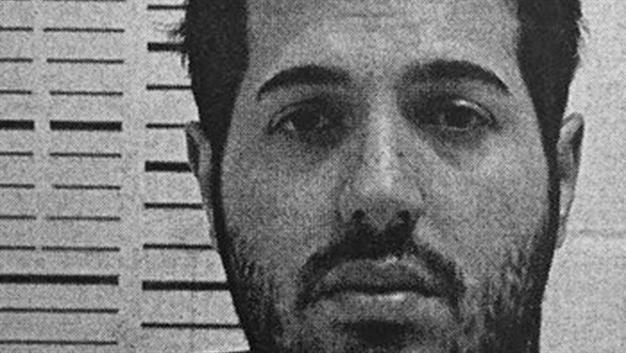Turkey corruption allegations included in Reza Zarrab case in US
NEW YORK
 U.S. Attorney Preet Bharara has included Turkey’s vast 2013 corruption probe in the case into Reza Zarrab, the shady Iranian-born Turkish businessman who was arrested in Miami in March for attempting to evade U.S. sanctions on Iran.
U.S. Attorney Preet Bharara has included Turkey’s vast 2013 corruption probe in the case into Reza Zarrab, the shady Iranian-born Turkish businessman who was arrested in Miami in March for attempting to evade U.S. sanctions on Iran. Bharara on May 25 said Zarrab, 32, should not receive bail, citing the summary of proceedings of the investigation that was launched on Dec. 17, 2013 in Turkey, which targeted the government’s senior members.
“The defendant has used his tremendous wealth not only to purchase several homes, yachts, and other assets, but also to buy access to corrupt politicians in Turkey. Zarrab was arrested in Turkey in 2013 for bribing Turkish officials. He was released after the charges were dropped. The Turkish prosecutor and the police officers responsible for the investigation were either suspended or arrested,” said the objection presented by Bharara.
Zarrab was accused of paying massive bribes to senior government figures in a scheme that allegedly involved the ministers in Turkey. The December 2013 corruption cases targeted figures close to the government and resulted in lasting enmity between the Justice and Development Party (AKP) government and the movement of Islamic scholar Fethullah Gülen, as prosecutors close to the movement were said to have launched the probe.
Süleyman Arslan, the former manager of the state-run Halkbank, was another suspect in the investigation. Arslan faced accusations of illegal transfers of gold to Iran in exchange for money via Halkbank in partnership with a crime ring allegedly formed by Zarrab.
With no ties to the U.S., Zarrab has “significant incentive and ability to flee” due to his relations with former Economy Minister Zafer Çağlayan, former Interior Minister Muammer Güler, former EU Affairs Minister Egemen Bağış, and substantial family and business contacts abroad, Bharara said, adding that he had passports from three countries enabling him to easily travel to countries from which he cannot be extradited.
After his arrest in Miami, Zarrab, who was carrying $103,000 in cash, minimized his international travel and assets and claimed that he had only a passport from Turkey, despite also having passports from Iran and Macedonia, Bharara added.
Zarrab’s lawyer, Benjamin Brafman previously demanded that his client be granted house arrest on $50 million bail, $10 million of which would be in cash.
In his objection to the bail offer, Bharara presented the English translation of the summary of proceedings of Turkey’s 2013 graft probe, Zarrab’s statements in a TV show on April 19, 2014, e-mail exchanges, and a news article on his donation worth $5 million to an association founded by the wife of President Recep Tayyip Erdoğan, the Social Development Center of Education and Social Solidarity Association (Togem-Der).
In his bail offer, Zarrab cited the donation, which he said proved that he is a “charitable businessman.”
Bhrara said he claimed he had annual income of about $720,000, despite saying publicly in the TV show that he generates over $11 billion in annual exports, including about $3.5 billion in gold exports.
Photos of bars of gold, a gold-plated pistol, a yacht and a substantial amount of cash found in Zarrab’s phone were also presented by Bharara as evidence that his income statements were wrong.
The judge in the case, Richard Berman, will announce his ruling on the bail offer on June 2.
















